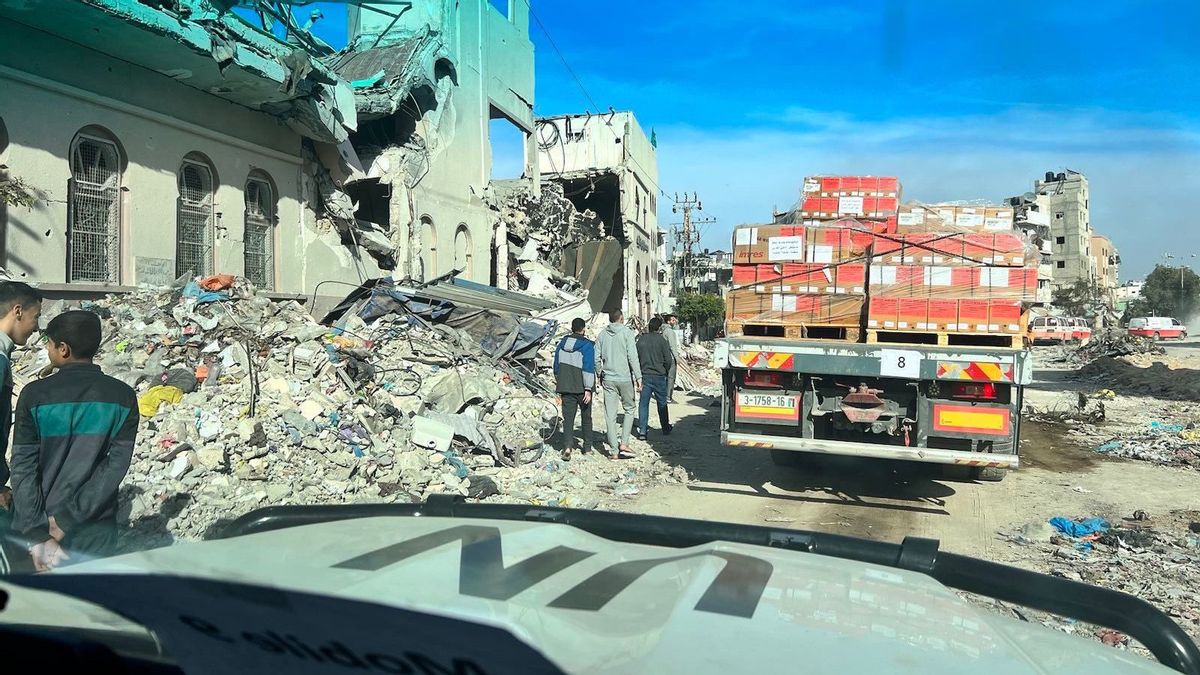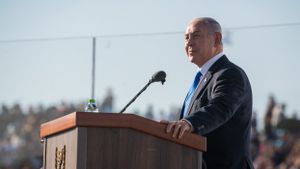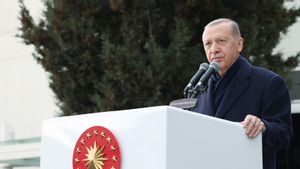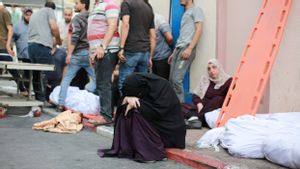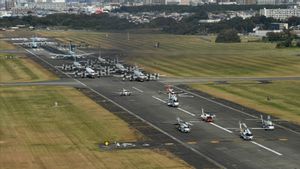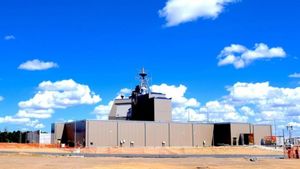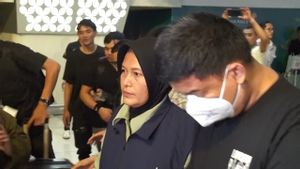JAKARTA - The United Nations Security Council (UNSC) resolution regarding increasing aid to the Gaza Strip region, which was passed last week, has not yet had an impact, said Director General of the World Health Organization (WHO) Tedros Adhanom Ghebreyesus.
UNSC Resolution No. 2720 calls for a humanitarian pause between Israel and Hamas, increasing aid to Gaza and creating conditions that allow for a sustainable end to the fighting.
The resolution proposed by the United Arab Emirates was passed after 13 UNSC member countries expressed support, while the United States and Russia abstained, ending days of closed negotiations.
However, that is not yet a reality in war-torn regions, Tedros said.
"UN Security Council members must urgently make their recent resolution – to create a pause in hostilities and a humanitarian corridor – a reality in Gaza. Action, not words, is what the people of Gaza need now," Tedros said in a statement post on X, reported CNN, December 28.
“Day by day, the needs of the people of war-torn Gaza are increasing. Danger, poor health, hunger, thirst, lack of shelter – these things should not be the norm for millions of people. But unfortunately, this did happen," he explained.
Tedros' remarks came after a WHO team carried out a "high risk" mission to deliver supplies to two hospitals in Gaza.
In the north, UN teams brought medical equipment and fuel to Al-Shifa Hospital, where a reported 50,000 people had sought shelter, to keep essential health services running at the hospital, WHO said.
Meanwhile a team in the southern region visited Al-Amal hospital, where WHO staff said they found it impossible to enter the hospital "without stepping over patients and those seeking shelter."
While transiting through Gaza, the team also witnessed "tens of thousands of people fleeing the massive offensive in Khan Younis and the Central Area – on foot, on donkeys or in cars."
Meanwhile, WHO Representative Rik Peeperkorn said the agency was concerned that the movement of new residents would further burden medical facilities in the southern region.
"This forced mass movement will also cause population density, increase the risk of infectious diseases, and make it increasingly difficult to distribute humanitarian aid," explained Peeperkorn.
SEE ALSO:
This condition also made Tedros voice his concerns.
"Today I repeat my call on the international community to take urgent steps to alleviate the grave danger facing Gaza's population and endangering the ability of humanitarian workers to help people experiencing serious injuries, acute hunger and the risk of severe disease," Tedros said.
It is known that the Hamas attack on southern Israel on October 7, which left 1,200 people dead and 240 others taken hostage, was met with Israeli bombardment and blockade of Gaza, leaving around 21,100 people dead and 55,243 injured as of Wednesday, according to the local health ministry, quoted from Al Jazeera.
The English, Chinese, Japanese, Arabic, and French versions are automatically generated by the AI. So there may still be inaccuracies in translating, please always see Indonesian as our main language. (system supported by DigitalSiber.id)
